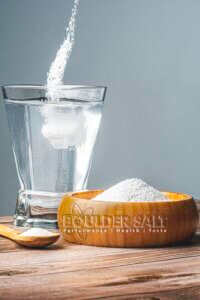
What is the Best Unflavored Electrolyte Powder?
Experience Fast Hydration with – The Best Unflavored Electrolyte Powder – Boulder Salt You’re looking for the highest quality unflavored electrolyte
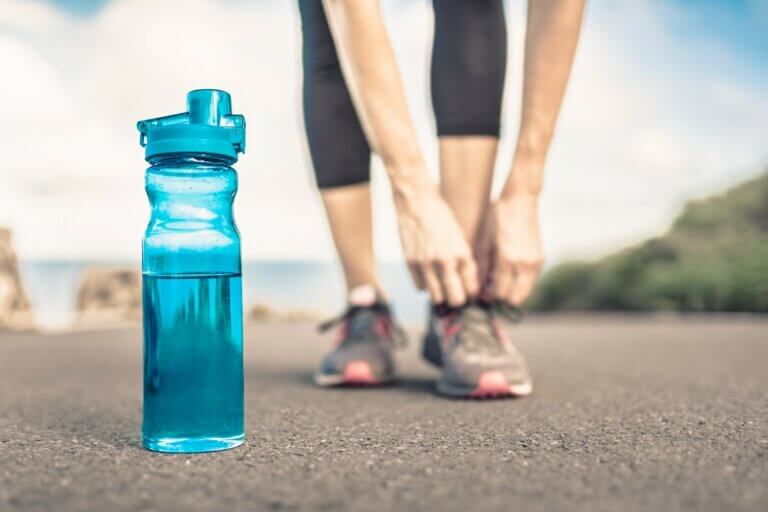
We hear about electrolytes all the time. We hear commercials from big sports drink brands telling you their product has all the electrolytes you need to keep you performing. But what are electrolytes!? And do you know what happens when you have an electrolyte imbalance?
For starters, electrolytes are the minerals that the body needs to move nutrients into cells and remove waste, and they also allow nerves to send signals–which affects both the nerves in your muscles but also the neurons in your brain. In other words, electrolytes do an awful lot of very important stuff, and making sure that you’re getting enough electrolytes–really, the right amount–is something that you should take seriously if you care about your physical and mental health.
The main electrolytes in the body are sodium (that’s the one that everyone thinks of, but there’s a lot more than that), plus potassium, calcium, magnesium, phosphate, chloride, and bicarbonate. We have to get all of these–not just salt–to get the right amount of electrolytes in our body and to prevent an electrolyte imbalance.
Electrolyte imbalances happen when the level of electrolytes in your body are too high or too low. Your body will start to react in weird ways when an electrolyte imbalance happens. This imbalance will disrupt your normal body functions and can lead to some pretty serious problems.
If we’re looking just at sodium, we know that sodium levels can affect things like restlessness and lethargy, or sleepiness and insomnia. Getting the right amount of sodium is everyone’s go-to solution for getting the right amount of electrolytes.
But what happens if you’re missing the other electrolytes–or are getting too much of them? What are the symptoms of an electrolyte imbalance?
It can lead to dizziness, headaches, confusion, fatigue, muscle spasms, nausea and vomiting, and delirium.
But that’s not all. Severe electrolyte imbalances can result in seizures, coma, and several more nerve and cell problems that can be life-threatening if not taken care of.
The most common way to get an electrolyte imbalance is through severe dehydration. That’s where the most dire symptoms appear. And you need to be aware that symptoms will appear in children much more rapidly than they’ll occur in an adult, so always be mindful of children and make sure that they stay hydrated.
Other ways to get an electrolyte imbalance are severe vomiting, diarrhea, eating disorders, cancer treatments, using certain medications like laxatives, and, of course, sweating.
Electrolyte imbalances can impact anyone including:
The answer in all these cases is to get water, and water with an electrolyte boost!
You can buy electrolyte supplements–sports drinks simply don’t cut it–but one of the best ways to get the right balance of electrolytes is to use Boulder Salt. Boulder Salt is a salt alternative that tastes as good as salt, but isn’t overpowering with sodium like regular table salt. Plus, Boulder Salt naturally contains the other electrolytes that regular salt misses out on: calcium, sodium, potassium, magnesium, and alkaline.
One of the easiest ways to avoid an electrolyte imbalance is to drink lots of water, and always use Boulder Salt.
How does Boulder Salt help with your electrolyte balance? Check out how our healthy salt stacks up on the minerals you need to keep those electrolytes in harmony.
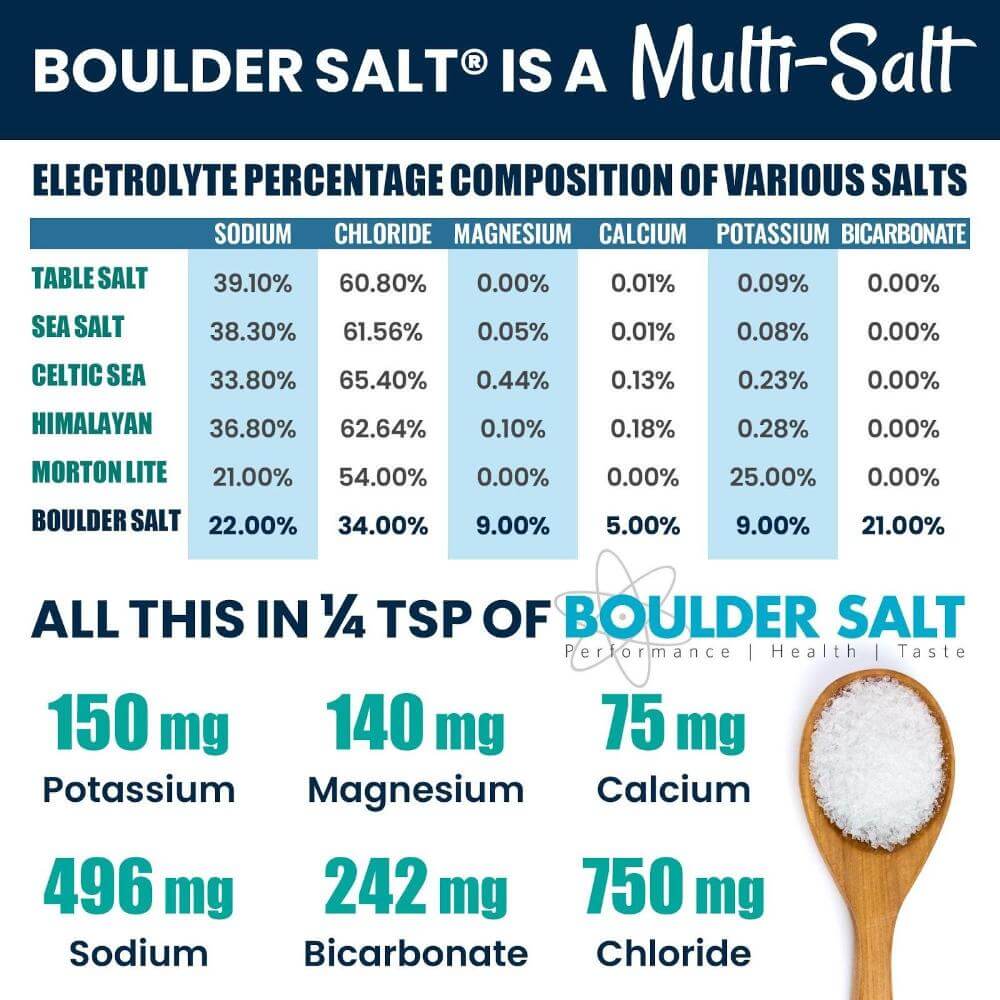
More to explore

What is the Best Unflavored Electrolyte Powder?
Experience Fast Hydration with – The Best Unflavored Electrolyte Powder – Boulder Salt You’re looking for the highest quality unflavored electrolyte
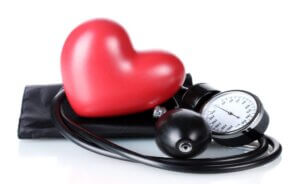
Potassium-Magnesium Enriched Salt Substitutes for High Blood Pressure | Boulder Salt Company
Looking to shake up your salt game? Enter potassium magnesium enriched salt substitutes. These flavor enhancers offer a low-sodium alternative with the
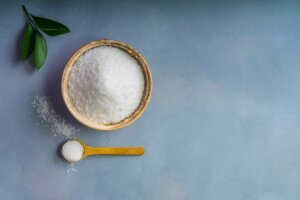
Healthiest Salt? Is all salt built the same? The answer is no. Healthy salt with a high mineral content is crucial